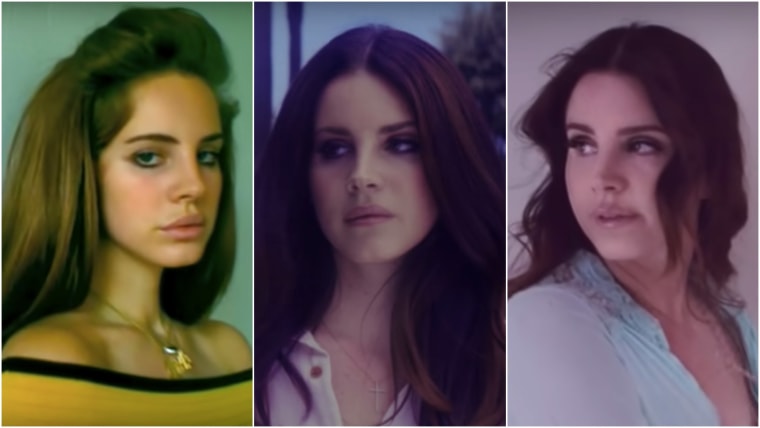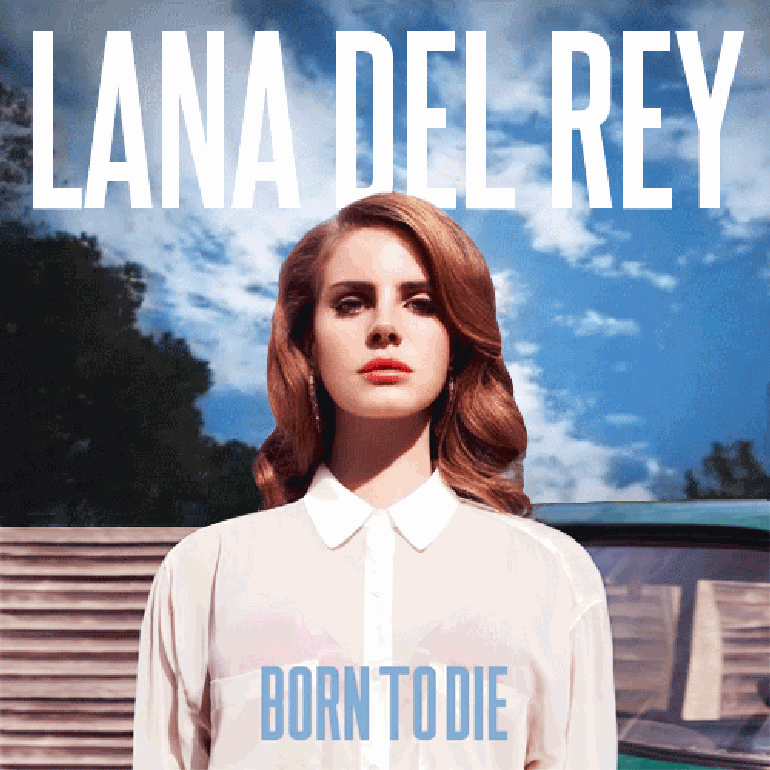

Is this album called Honeymoon because she has finally gotten us to submit and now that we’ve put a ring on it, we’re wedded to her maudlin made-up world? If so, Del Rey doesn’t live in Old Hollywood. Is the “you” on ‘Honeymoon’ a faceless lover or is it the audience? Have music listeners fumbled from the awkward courtship of Born To Die, committed when she softened the edges with its Paradise expansion-still, arguably, her best work to-date-and then were finally locked down with the release of Ultraviolence. On the opening title track she sings, “We both know it’s not fashionable to love me / But, we both know there’s nobody for you but me”. But it’s hard to believe that Lana wants to be alone - and even harder to believe she is always the submissive in each of her transactions. (“The truth is I never gave into your bullshit / When you would pay tribute you to me because I know that / All I wanna do is get high by the beach”.) It’s a shade she wears well, far more indebted to rap (which she loves) than anything she’s done before and embraces the solitude she has always been yearning to be comfortable with. It is a slightly more traditional pop song with her signature flourishes all over it, but far more empowered than the character she usually plays. Her need to be needed is not a constant, though, particularly on lead single ‘High By The Beach’. But, hey, Anaïs Nin probably saw God while giving a blow job, so why can’t Del Rey? Still, she remains, as ever, at the feet of her sex partners, singing, “When I’m on my knees, you’re how I pray”. What makes it one of the standouts of the record, though, is that it employs the breathless despair that bled throughout so much of her first album, while also acting as marker for how magnificently her singing voice has developed over the past three years. On ‘Religion’ she waxes about the pain of a party-addled paramour who she still can’t resist and finding spirituality, perhaps via a drugs-fog, there. Songs like ‘Art Deco’ and ‘Music To Watch Boys To’ rest on the romance-as-camp laurels she pushed heavily on Born To Die, but with a finer pop finesse to their torch song sensibilities.

Like Ultraviolence, the production is tight throughout, but it is devoid of that light taste of rock music.

While Ultraviolence and working with Dan Auerbach of The Black Keys legitimized her last year, so to speak, her third effort is a far superior product. Lana Del Rey is a thesis statement that she’s never ceased to engage in.īut Honeymoon is by far Del Rey’s most beautifully made and cohesive album. She is Lizzy Grant, a girl from a booming racetrack town - now, how’s that for influencing your sense of imagery - who went to New York City to learn metaphysics, a study with rarely a basis in reality, at Fordham University. She is not a construct of a pop music team who cooked her by feeding images of Jackie O., Dusty Springfield and a girl with wild hair riding on the back of her boyfriend’s Harley in the desert in a Weird Science-like scheme. She is not an avatar for torch singers or Old Hollywood. Her friendship with James Franco, that he is cataloguing their conversations an entire book tells you precisely in what world she exists. And that’s OK because she wants you to submit to a fascination with her disaffected world-building and to believe she authentically lives inside those broad strokes of melancholia. It’s not because she hasn’t laid the score out for us: There is a refusal to divorce her from the vision of a Millennial Marilyn Monroe. With Del Rey, there is no such convenience.

We like our pop stars to be easily categorized: Miley is a technicolor queer hippie Rihanna is a baddie with nary a fuck to give Halsey is sex, drugs and alt-pop. Since the indie blog fascination with her botox lips and found-footage clip for ‘Video Games’ inverted into disappointment and lambasting when her debut full-length Born To Die was finally released, there has been a desperate scramble to answer the question while also standing in a haze, unable to solve such a simple puzzle. Lana Del Rey posits critics in both the position of Alice and The Caterpillar when he asks, through puffs of opium spoke, “Whoooooo are you?”


 0 kommentar(er)
0 kommentar(er)
